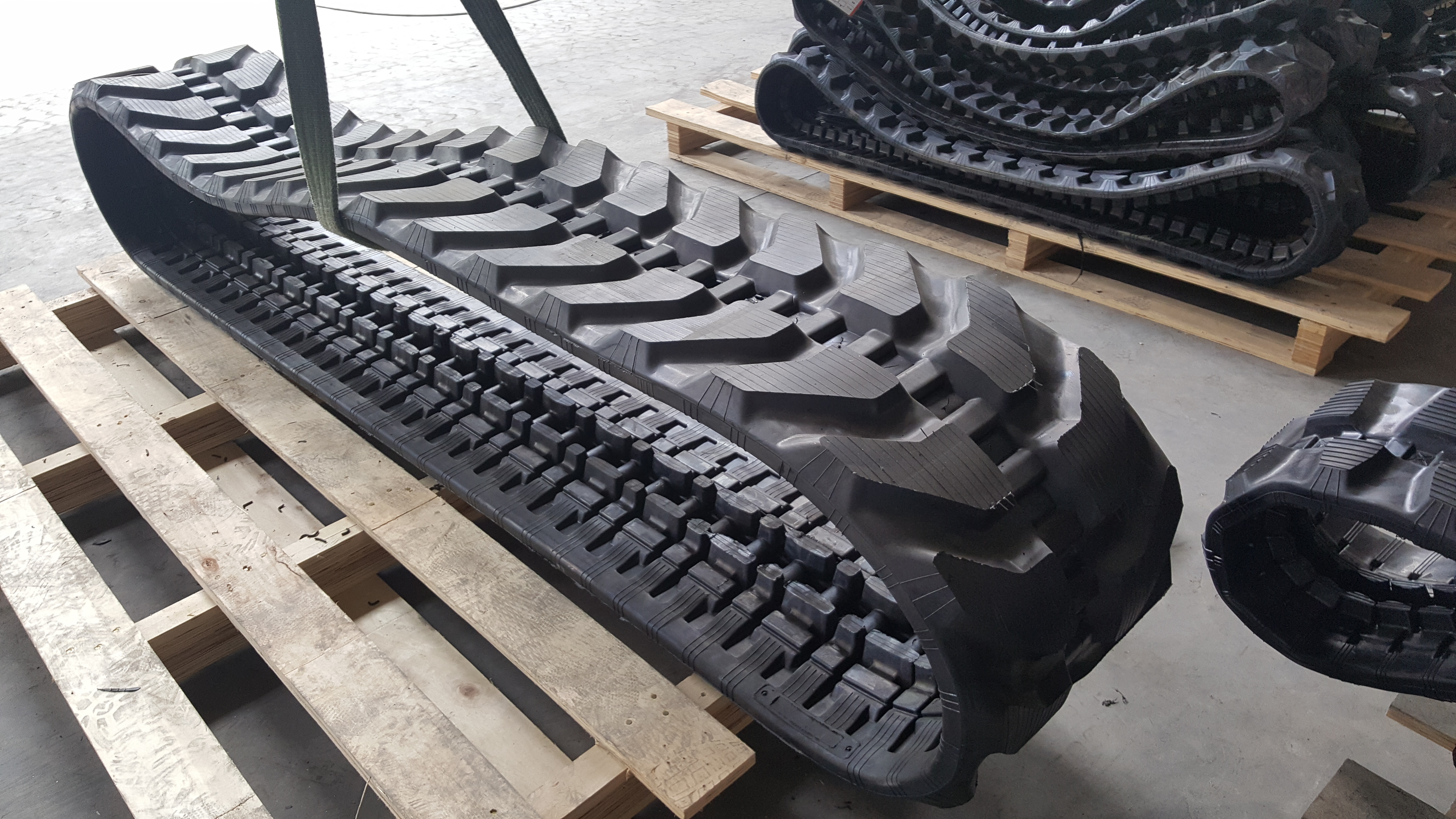In recent years, the construction industry has witnessed a major shift in the digital management of tracks and the application of big data analytics to improve efficiency and predictive maintenance. This technological innovation is driven by the growing demand for more efficient and cost-effective solutions in the excavation and construction sectors. One of the key areas where this digital transformation is particularly impactful is the management of excavator tracks, specifically the adoption of rubber excavator tracks to improve performance and durability.
Traditional steel tracks used on excavators have gradually been replaced by rubber excavator tracks, which offer many advantages such as reduced ground damage, improved traction and lower noise levels. However, the integration of digital management technology further improves the performance and longevity of rubber excavator tracks. By leveraging big data analytics applications, construction companies can now monitor the condition and usage of excavator tracks in real-time, allowing for more proactive maintenance and reduced downtime.
Digital management technology continuously monitors various parameters such as track tension, wear and operating conditions. This real-time data is then processed and analyzed using big data applications to identify patterns and potential issues. By harnessing the power of big data, construction companies can gain valuable insights into excavator track performance, allowing them to make informed decisions about maintenance schedules and replacement intervals.
Additionally, the application of big data analytics in digger tracks management facilitates predictive maintenance, which can identify and resolve potential issues before they escalate into costly repairs or unplanned downtime. This proactive approach not only improves the overall efficiency of excavator operations, it also helps to save significant costs for construction companies.
The integration of digital management technology and big data analysis applications in the mining field is a clear example of technological innovation meeting market demand. The adoption of advanced track management solutions is becoming increasingly common as construction companies look for ways to optimize operations and reduce operating costs. The ability to monitor, analyze and optimize excavator track performance in real time aligns with the industry’s growing focus on efficiency and sustainability.
Multiple application cases further demonstrate the real benefits of crawler digital management and big data analysis applications in the construction industry. For example, a construction company that specializes in large-scale excavation projects implemented a digital track management system for its fleet of excavators equipped with rubber tracks. By leveraging big data analytics, the company was able to identify usage patterns and optimize track maintenance, thereby reducing track-related downtime by 20% and improving overall operational efficiency by 15%.
In short, the digital management of tracks and the application of big data analysis have completely changed the monitoring and maintenance methods of excavator tracks in the construction industry. This technological innovation not only addresses market demand for more efficient and sustainable solutions, but also delivers tangible benefits in terms of increased efficiency and predictive maintenance. As construction companies continue to embrace digital transformation, the integration of advanced track management solutions will play a key role in shaping the future of excavation operations.
Post time: Aug-26-2024


